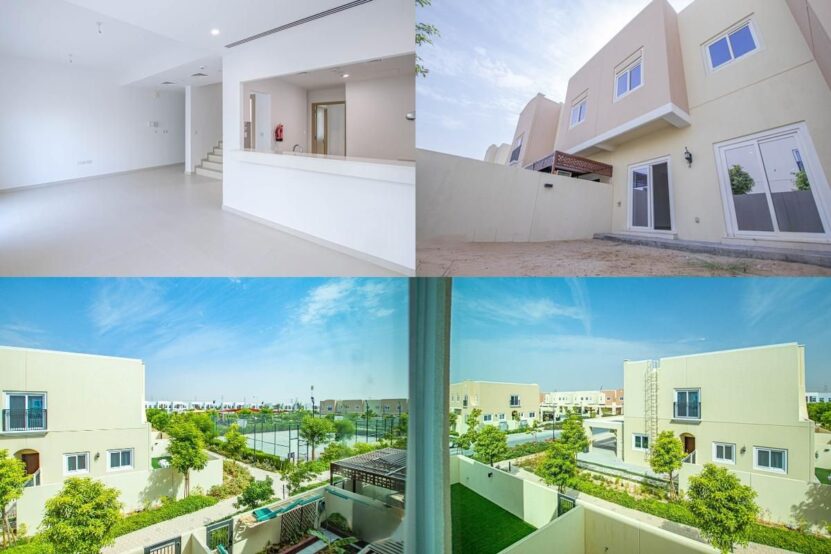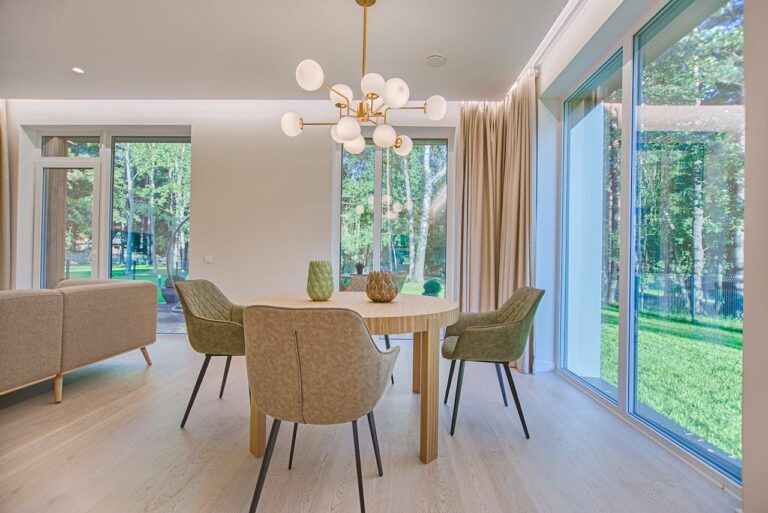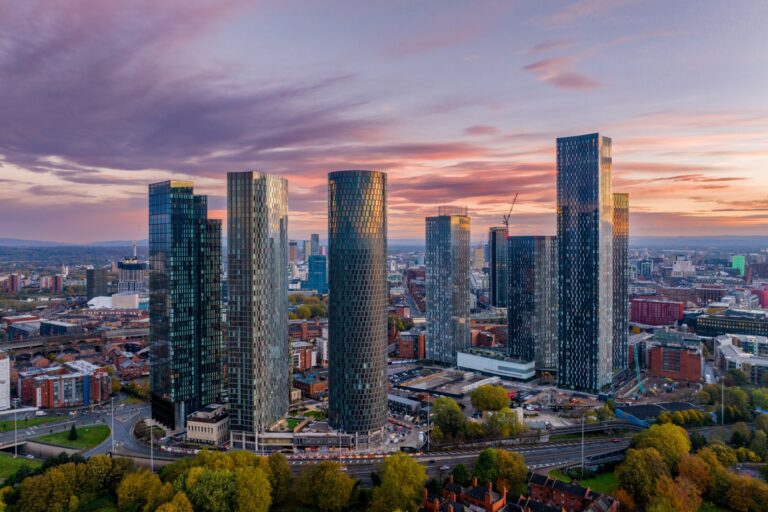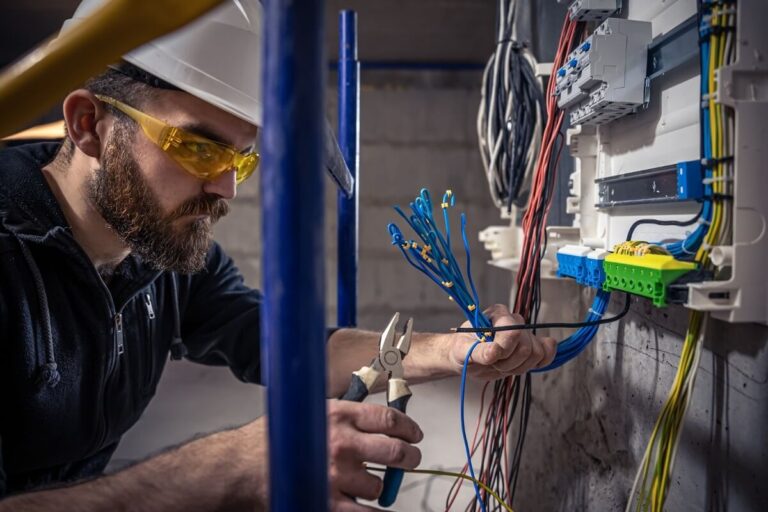Renting out property in Dubai can be a solid way to earn income month after month without putting in too much active work – if you set it up the right way. Whether you’ve got a second apartment in Business Bay or a family villa out in Arabian Ranches, there’s a real opportunity to turn your place into a source of consistent passive income.
But success doesn’t come from throwing a listing on a portal and hoping for the best. It takes a bit of planning, local knowledge, and a few key decisions upfront.
Let’s walk through how to make it happen, without burning yourself out or running into avoidable headaches.
Decide on Your Rental Model (Long-Term vs. Short-Term)

Before anything else, it’s worth asking a simple question: Do you want the consistency of a long-term lease, or the flexibility (and potential higher returns) of short-term rentals? If you’re unsure which rental model suits your property best, a real estate agency in Dubai can help evaluate location, market demand, and income potential.
Long-Term Leasing
This is the more traditional route. You sign a one-year lease (or longer) with a tenant who pays a fixed rent, often with checks issued for the full term upfront. It’s stable, predictable, and easier to manage.
Great for:
- Landlords who live abroad or don’t want to manage frequent bookings
- Apartments in quieter, residential areas like JVC, Al Barsha, or Mirdif
- Anyone who prefers peace of mind over squeezing every last dirham out of their asset
Pros:
- Less effort day-to-day
- Fewer tenant turnovers
- Steady income stream
Cons:
- Locked-in rates (you can’t adjust pricing mid-lease)
- Rent caps may apply (especially if your tenant renews)
- Legal eviction requires a proper 12-month notice
Short-Term (Holiday) Rentals
With the boom in tourism and business travel, short-term rentals through platforms like Airbnb and Booking.com have exploded in Dubai. A well-furnished, well-located property can outperform a long-term lease—sometimes by a lot.
Best suited for:
- Downtown Dubai, Palm Jumeirah, Dubai Marina, City Walk
- Homes with strong interior design or unique views
- Owners who can handle—or outsource—frequent cleaning, maintenance, and guest messaging
Pros:
- Higher earning potential (especially during peak season)
- Dynamic pricing based on demand
- More control over availability
Cons:
- Heavier operational load
- Regulatory requirements (need a DTCM holiday home license)
- Seasonal fluctuations
Get Your Paperwork in Order
Even if you’ve lived in the UAE for years, don’t skip this part. The property rental market is highly regulated, and missing a single document can cost you time, money, or worse—a legal headache.
For Long-Term Leasing
- Title Deed – Proves ownership and must be in your name.
- Ejari Registration – Mandatory contract registration with the Dubai Land Department (DLD).
- Landlord ID & Contact – Required for Ejari, property portals, and broker listings.
For Short-Term Rentals
- DTCM Holiday Home Permit – Issued by Dubai Tourism for each unit. You’ll also need to register on the Smart Dubai system.
- Tenancy Management Agreement (if using a licensed operator) – Ensures your listing is being managed legally.
Pro tip: If you’re a non-resident, make sure you have a valid UAE bank account to receive rental income without delay.
While most paperwork follows a clear process, certain situations – such as eviction notices, contract disputes, or clarifying rental caps – can quickly become complicated. In these cases, it’s wise not to go it alone. You can find here a local lawyer who understands Dubai’s property regulations and can guide you through the fine print, saving you from unnecessary risks and delays.
Choose Whether to Self-Manage or Outsource

You’ve got the keys and the paperwork. Now the big question—do you want to handle bookings, viewings, maintenance calls, and rent collection yourself? Or do you hand it off to someone else?
Option 1: Do-It-Yourself (DIY)
Plenty of landlords, especially those with one or two units, handle everything themselves. If you live in the city and have the time, it can save you money and give you more control.
What you’ll need:
- Time to handle listings, respond to inquiries, and attend viewings
- A network of handymen, cleaners, and service providers
- Patience for late payments, urgent repairs, and last-minute guest needs
Option 2: Hire a Property Management Company
There’s no shortage of agencies in Dubai offering full-service property management. They’ll market your property, handle maintenance, collect rent, and even deal with evictions if necessary.
For short-term rentals, specialist operators will clean between stays, manage guest check-in/out, and ensure your DTCM compliance is handled.
What they charge:
| Service Type | Typical Fee (as % of income) |
| Long-term property management | 5% – 8% of annual rent |
| Short-term rental management | 15% – 25% per booking |
If you value your time or live outside the UAE, the fee often pays for itself.
Optimize the Property for Rental Appeal
Whether you’re leasing to families for a year or hosting tourists for a weekend, your unit needs to show well. Tenants in Dubai have high expectations—and plenty of choice.
For Long-Term Renters
- Fresh paint and deep cleaning are a must
- Fix every dripping tap and flickering light
- Add blackout curtains (non-negotiable in bedrooms)
- Kitchen appliances should be clean and functional
Bonus: Properties with built-in wardrobes, ensuite bathrooms, and balconies rent faster. In villa communities, private gardens and shaded parking add real value.
For Short-Term Guests
- Go fully furnished with a cohesive, modern look
- Include high-speed Wi-Fi, smart TVs, and hotel-style bedding
- Stock the kitchen with essentials (cutlery, kettle, toaster, plates)
- Consider adding small luxuries: Nespresso machine, robes, beach towels
If you’re not naturally gifted with interiors, hire a staging service or interior designer who knows how to make a unit photograph beautifully.
Price It Right and Stay Competitive
Pricing is not just about square meters. It’s about supply, demand, and what comparable properties are offering.
For Long-Term
Check sites like Property Finder and Bayut. Sort by neighborhood, number of bedrooms, and unit type. Then look at what’s actually rented—not just listed.
Stay within 5% of market average unless your place has something special (corner unit, full marina view, etc.).
For Short-Term
Use dynamic pricing tools like:
- AirDNA – Market analytics for Airbnb rentals
- PriceLabs or Wheelhouse – Adjusts pricing based on local demand, events, and seasonality
Keep an eye on local events (GITEX, Expo, New Year’s Eve) and tweak your nightly rates accordingly.
Promote Your Property Like a Pro

Even the best apartment will sit vacant if no one sees it. And the most beautiful villa won’t get clicks if the photos are blurry.
Must-Haves:
- Professional photos – Natural light, wide angles, no clutter
- Well-written description – Highlight location, layout, amenities, and lifestyle perks
- Accurate map pin – Location matters in Dubai; renters want to know exact proximity to metro, malls, and schools
Where to List:
Long-Term:
- Property Finder
- Bayut
- Dubizzle (still popular for budget-conscious renters)
- Facebook Marketplace (surprisingly effective for certain areas)
Short-Term:
- Airbnb
- com
- Agoda (good for reaching Asian tourists)
- Vrbo (for larger homes, villas)
The more platforms you’re on, the better your visibility—just keep calendars synced to avoid double-bookings.
Know Your Legal Rights (and Responsibilities)
The Dubai rental market is governed by RERA and the DLD, and landlords are expected to play by the rules. Knowing where you stand helps prevent disputes.
Key Things to Know:
- Rent increases are capped based on the RERA calculator—check before renewing leases
- You must give tenants 12 months’ notice for eviction (even if you’re selling or moving in)
- Short-term rentals must be licensed individually with DTCM
- Any deposit must be returned within 30 days, minus documented damages
And if you ever end up in a dispute, the Rental Dispute Settlement Centre (RDSC) is where cases are handled. But most issues can be avoided with clear communication and written documentation.
Think Long-Term: Maintenance and Tenant Retention
If you treat the property like a business, it’ll pay you like one. Maintenance is part of the deal—and so is building goodwill with tenants.
Proactive Maintenance:
- AC servicing twice a year (especially before summer)
- Pest control every 3–6 months
- Plumbing and electrical checkups yearly
Create a small budget each year (usually 2–3% of annual rent) for ongoing upkeep.
Keep Good Tenants:
- Respond to issues quickly
- Offer small upgrades (e.g., install a dishwasher if it helps a tenant stay another year)
- Send a note or small gift during the holidays or lease renewal time
A tenant who renews is often more valuable than a new one at a slightly higher rate.
Don’t Forget Taxes and Income Reporting
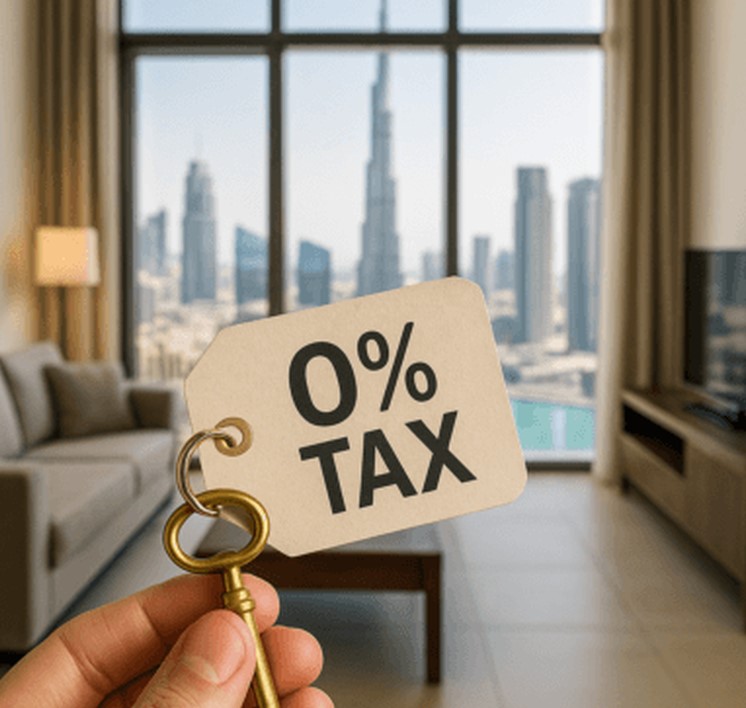
Dubai doesn’t tax rental income, but if you’re a foreign national, your home country might. Many countries (UK, India, Canada,and Australia) require you to declare overseas property income.
Consult a tax advisor familiar with both UAE and your home jurisdiction to stay compliant and avoid penalties.
Final Thoughts
If you’re sitting on property in Dubai and you’re not renting it out, you’re leaving money on the table. Whether you go long-term or short-term, manage it yourself or hire a company—what matters is setting it up in a way that fits your lifestyle, legal situation, and income goals.
Dubai’s real estate scene rewards landlords who are thoughtful, responsive, and just a little bit ahead of the curve. And if you put in the effort upfront, the rest can run like clockwork.
Passive income? It’s not just for millionaires with skyscrapers. It can start with your spare apartment, a solid plan, and a bit of hustle.
Related Posts:
- Best Ways to Improve Your Website Ranking and Reach…
- Best Ways to Prepare Your Home for a Quick and…
- Why Every Home and Business Needs Access to a…
- Various Ways Mortgage Brokers Have Their Case Files Audited
- Choosing the Best Fabric for Your Baby Carrier - A…
- Best Option Trading Books to Help You Master the…

